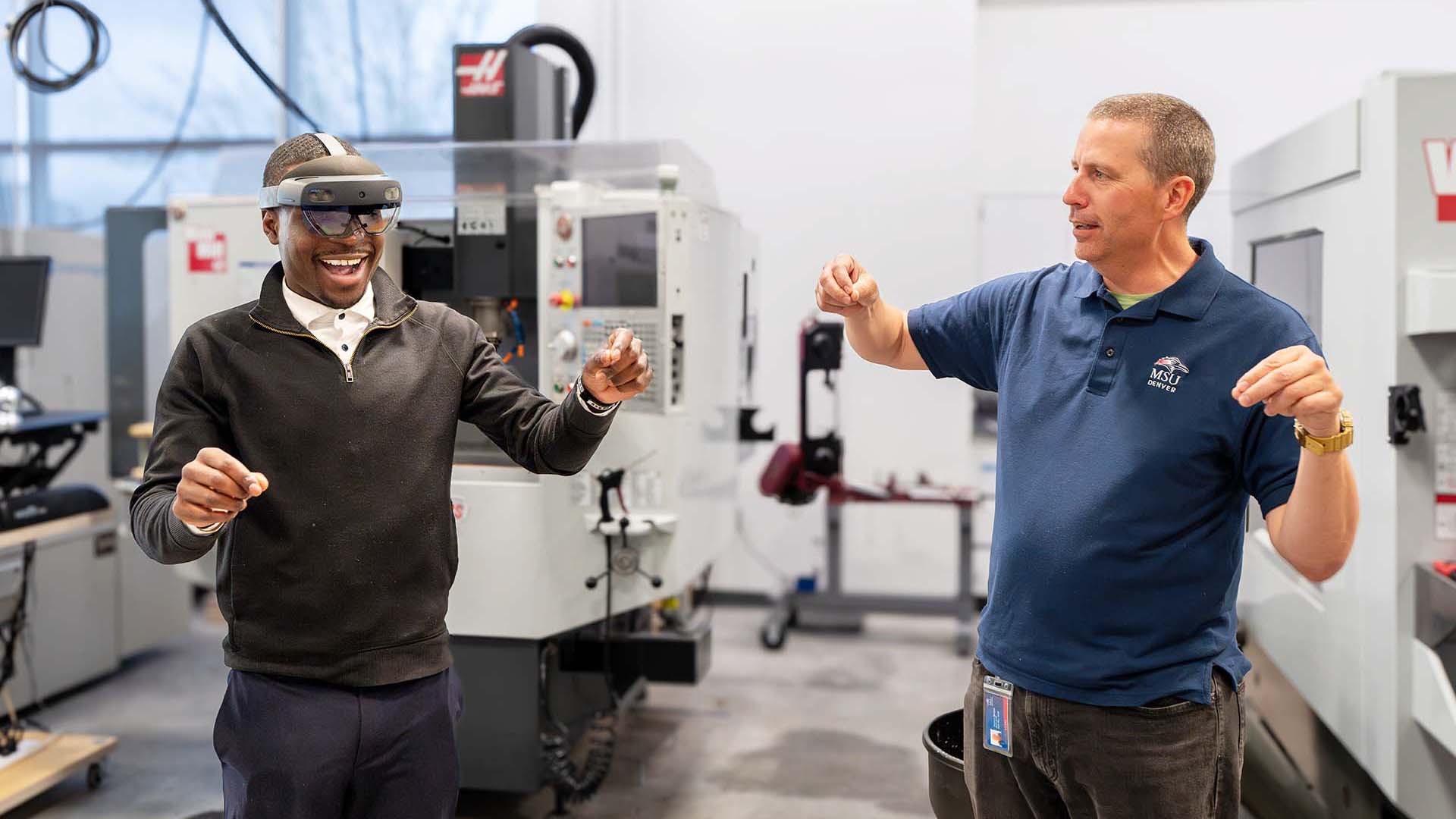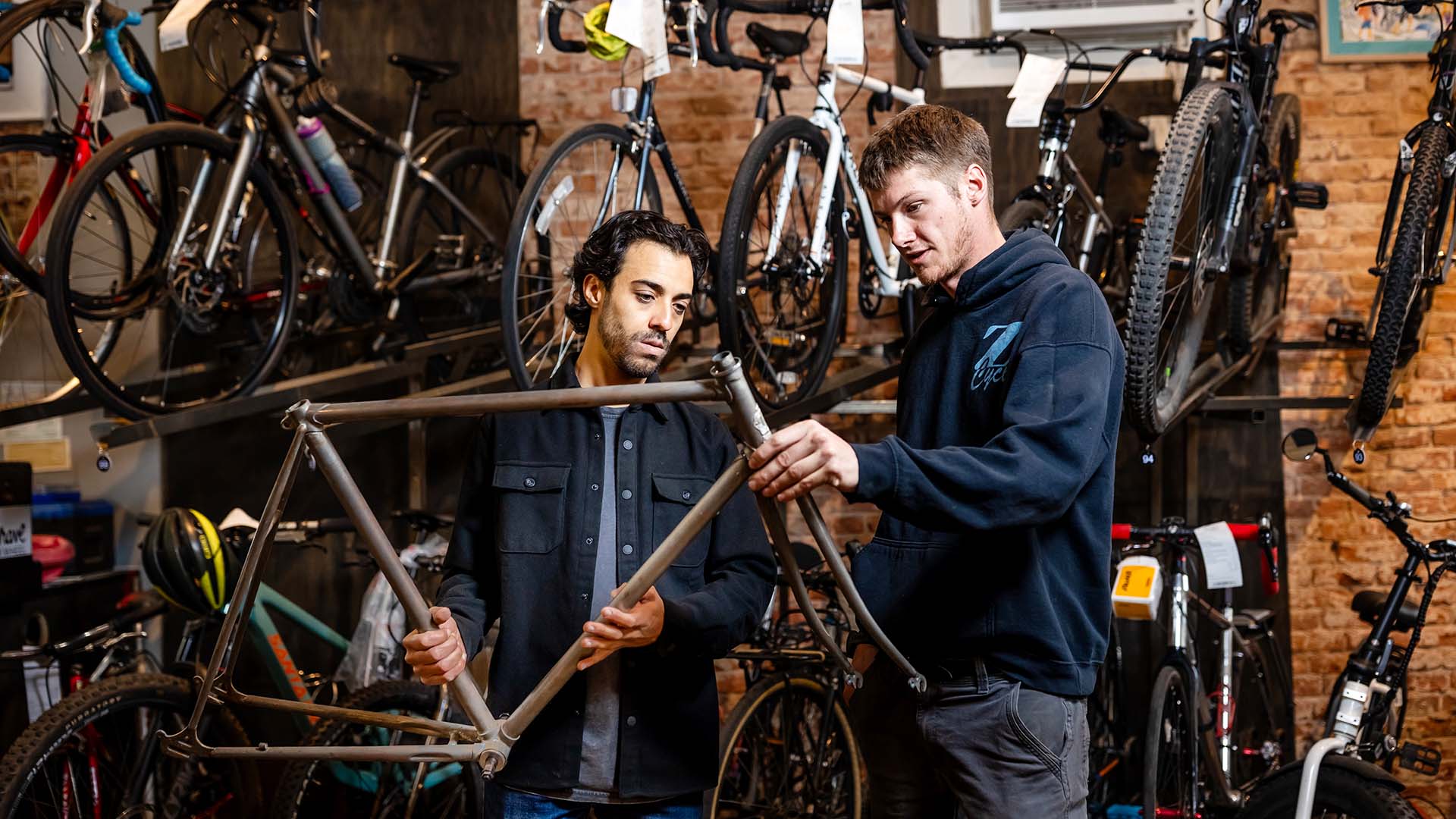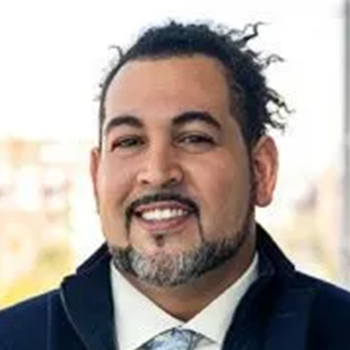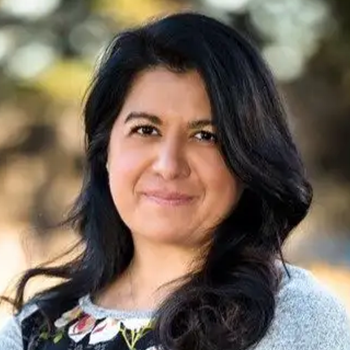Breaking down barriers in STEM
Graduating senior Hannah Wagoner shows girls they can rock at science.
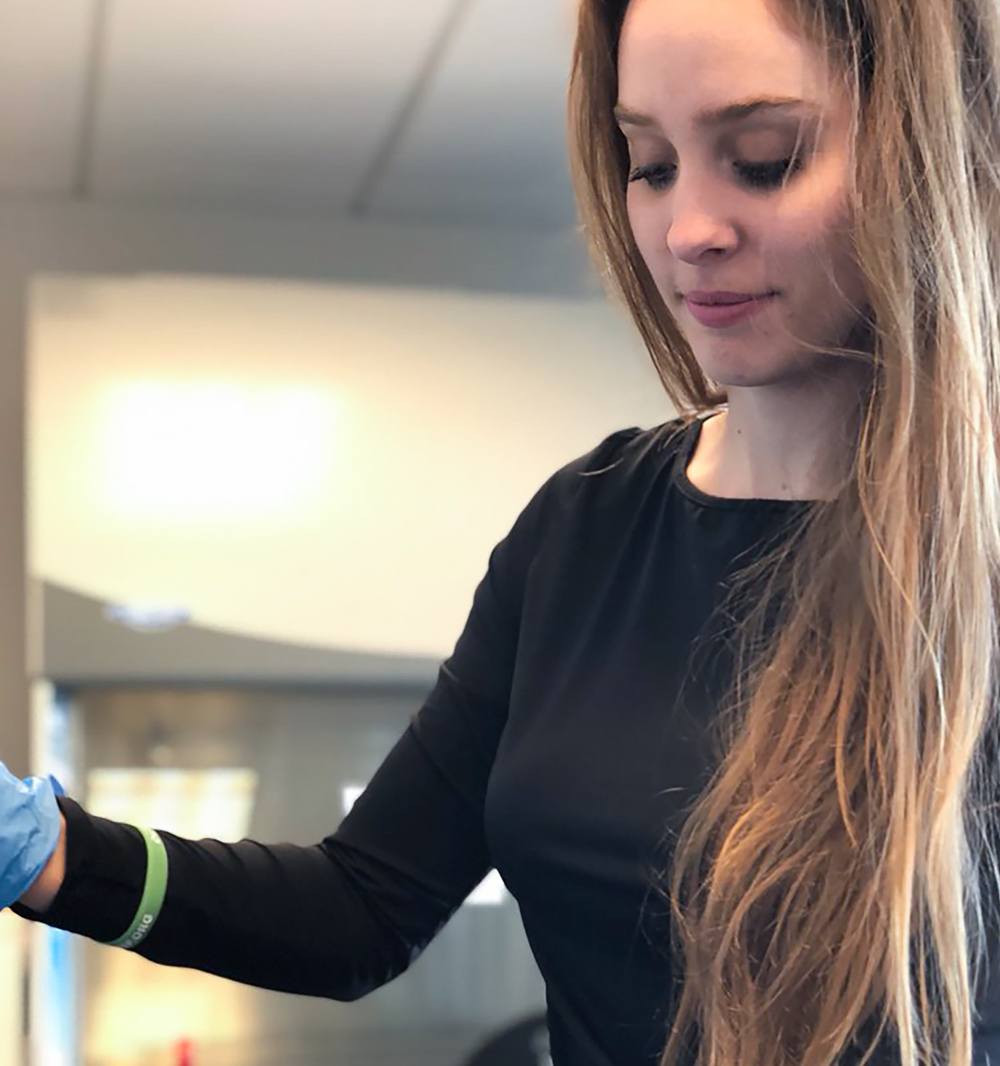
Tell Hannah Wagoner she can’t do it and she’ll prove you wrong every time. Whether it’s reaching remarkable heights in a male-dominated sport or breaking barriers to enter a male-dominated career field, Wagoner knows no bounds.
That became clear at the tender age of 10. That’s when, after watching her older brother compete in karate, she decided to try one of the kicks she’d seen.
“Next thing I knew, I kicked my brother in the face,” she says. “My mother was livid, but for me, I just kicked someone who was taller than me in the face.”
That was all it took for Hannah to give the sport a go. And go she did. Soon she was beating nationally ranked opponents at tournaments around the country. By age 17, she was third in the nation in two categories.
“I loved the challenge … both mental and physical. I loved testing for my next belt … typically a seven-hour exam with about five hours of straight cardio. There were several points during a test I just felt I couldn’t go any farther, but I pushed past that. I love being able to discover where my limits are and then realize I’m capable of much more.”
No doubt, a valuable lesson – one she tapped after she enrolled at MSU Denver and began studying biochemistry – a field that captured her interest after being treated by physical therapists for injuries that sidelined her karate career.

And no surprise, she quickly rose in the field, getting an invitation from the Entomological Society of America to present her research.
“I was in love from the first biochemistry course I took,” she says.
In fact, she loved it so much she wanted to share it, first through tutoring and then mentoring girls in science technology engineering and math (STEM) after joining the Center for Advanced STEM Education. She also served as vice president for Women in Science and Engineering.
It was in that role she mentored a troop of Girl Scouts, helping them earn their science badge. “This was wonderful because I could show little girls women can be interested in science too and fight societal stereotypes that science is for men.”

Helping girls get interested in STEM has become one of Wagoner’s passions.
“Girls being in STEM creates a diversity that brings more creative solutions in science. I feel that by mentoring, I’m planting a seed in a young girl’s mind that she can be good at math and she can do well in science, and that it’s OK to pursue your passion.”
After she graduates this December, Wagoner plans to start graduate school in biomedical science and molecular biology, and then earn a Ph.D. in either field.
And yes, thankfully she also plans to continue mentoring girls. “I want to show them they can be a strong woman.”


